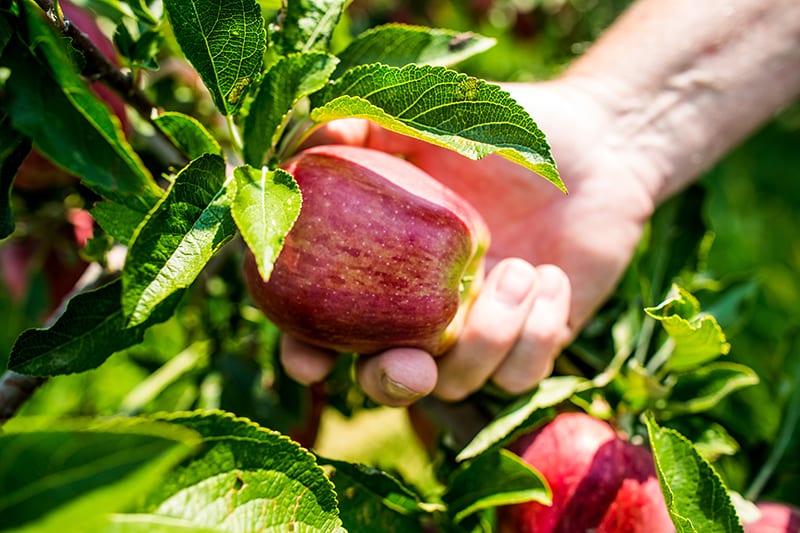
About the project
Before the Non-GMO Project, North America had no third-party verification program that tested products for GMO content.
Many manufacturers have made non-GMO claims for years. But there has been no way for you, the consumer, to know whether or not the claims were backed by third-party testing.
The Non-GMO Project offers North America a consensus-based standard, a third-party Product Verification Program, and a uniform seal for products made following Best Practices for GMO avoidance.
Our Non-GMO database makes it easy to see what favorite PCC products and brands are verified to have Best Practices and testing procedures in place to avoid GMOs.
Browse Non-GMO verified products